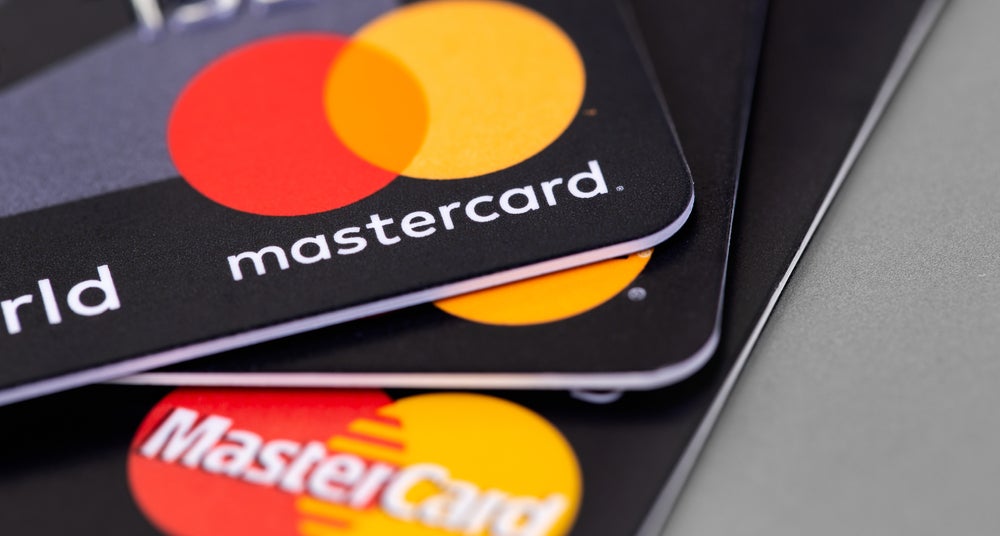Mastercard has been fined €570m ($647m) by the European Commission for restricting merchants from accessing lower-priced banking services in the single market.
This has restricted competition between banks and raised the cost of card payments for both retailers and customers. The acquiring bank has to pay an interchange fee to the issuing bank when a consumer uses a card.
However, the rules of Mastercard meant that acquiring banks had to apply the interchange fees of the retailer’s headquarters. As a consequence, interchange fees differed across countries across the EEA.
This blocked merchants in high-interchange fee countries from the lower fees of an acquiring bank in another member state.
Commenting on the development, commissioner Margrethe Vestager said: “European consumers use payment cards every day, when they buy food or clothes or make purchases online.
“By preventing merchants from shopping around for better conditions offered by banks in other Member States, Mastercard’s rules artificially raised the costs of card payments, harming consumers and retailers in the EU.”
How well do you really know your competitors?
Access the most comprehensive Company Profiles on the market, powered by GlobalData. Save hours of research. Gain competitive edge.

Thank you!
Your download email will arrive shortly
Not ready to buy yet? Download a free sample
We are confident about the unique quality of our Company Profiles. However, we want you to make the most beneficial decision for your business, so we offer a free sample that you can download by submitting the below form
By GlobalDataViolation created uneven playing field
The European Commission opened an investigation into the US payment group in 2013. This was to evaluate whether its interchange fee rules were in breach of EU competition laws.
Mastercard also had a seven-year antitrust dispute over its cross-border fees to retailers. The commission investigation found that Mastercard’s cross-border acquiring rules, resulted in retailers paying more in banking services to receive card payments than if they had the freedom to look at lower-priced services.
In the past the rates have varied significantly between member states. However, in December 2015 the EU passed a regulation capping the cost.
The Commission said that Mastercard’s rules flouted EU antitrust rules. Subsequently, this resulted in higher prices for retailers and consumers and limited cross-border competition.
Due to co-operation from Mastercard, the fine was reduced by 10%. Mastercard fully acknowledged the evidence laid out that proved the breach.
Based on the courts decision, retailers and customers impacted by the violation can seek further compensation from Mastercard. Card company fees have been an ongoing battle that EU officials have been cracking down on over the past decade.
A spokesperson for the company said: “Today’s decision by the European Commission puts an end to a legacy investigation concerning Mastercard’s European central acquiring rules that were in place until 2015. This decision relates to historic practices only, covers a limited period of time of less than two years and will not require any modification of Mastercard’s current business practices.
“Mastercard sees the closure of this anti-trust chapter as an important milestone for the company. Going forward, we will focus on what we do best: developing and delivering safe and seamless payment solutions that deliver real value for consumers, customers, retailers and governments alike.”







